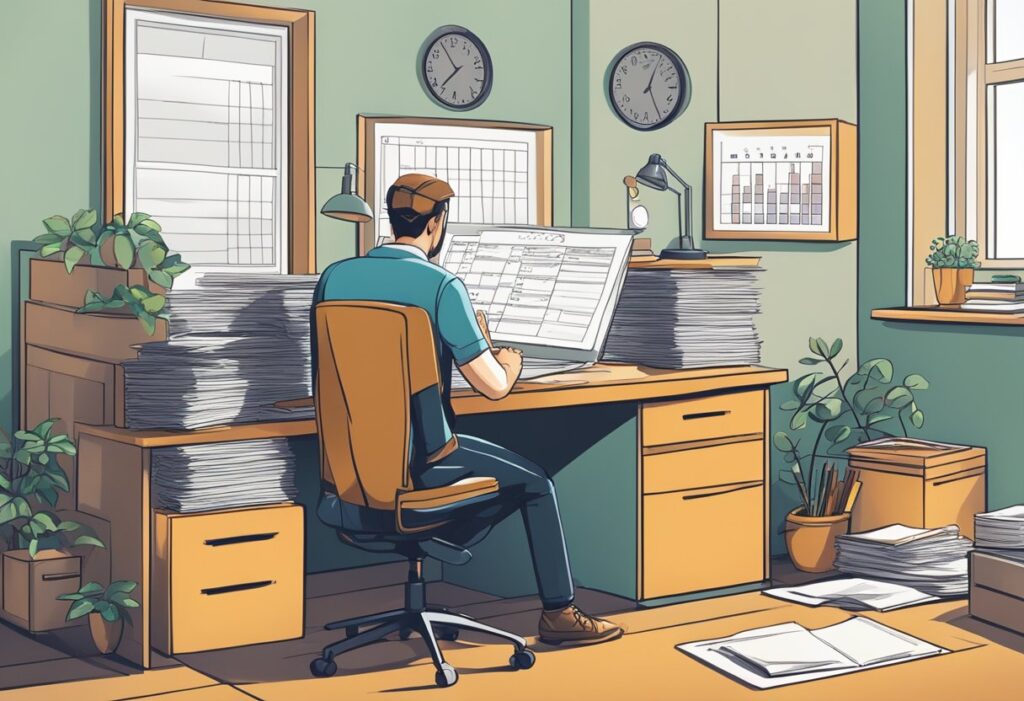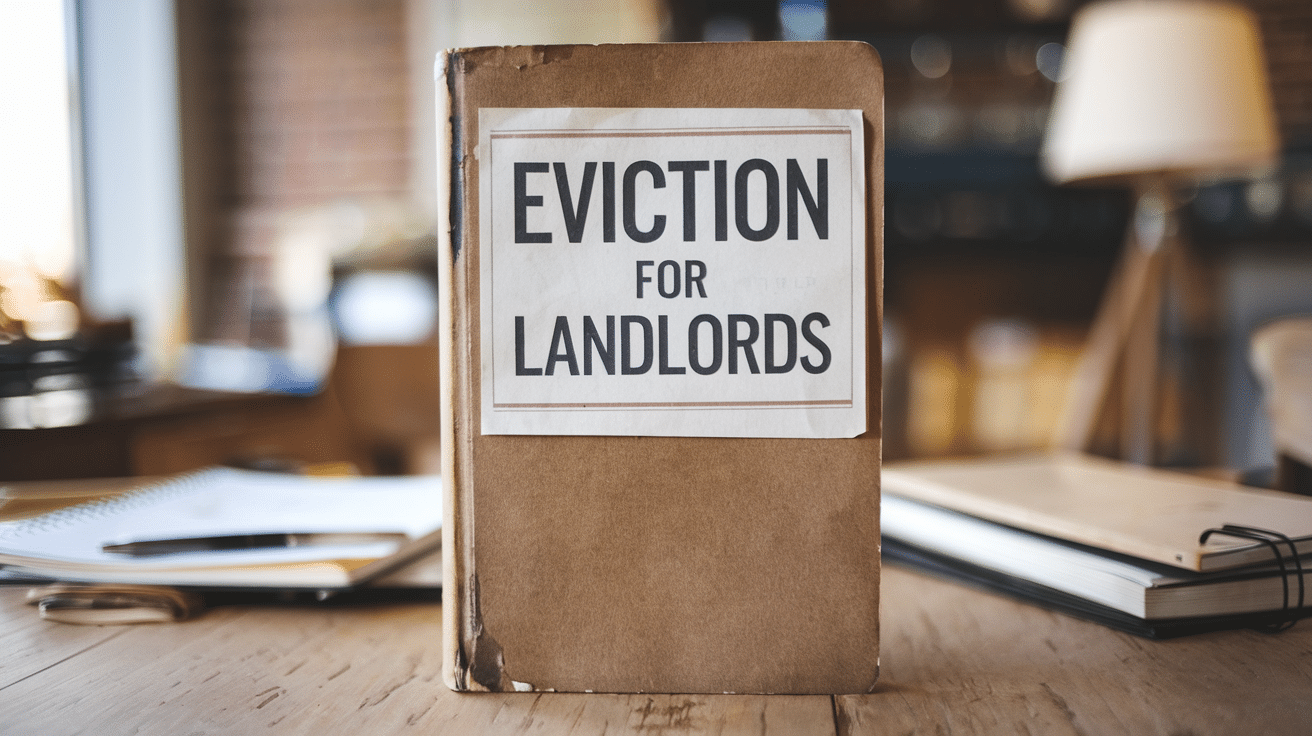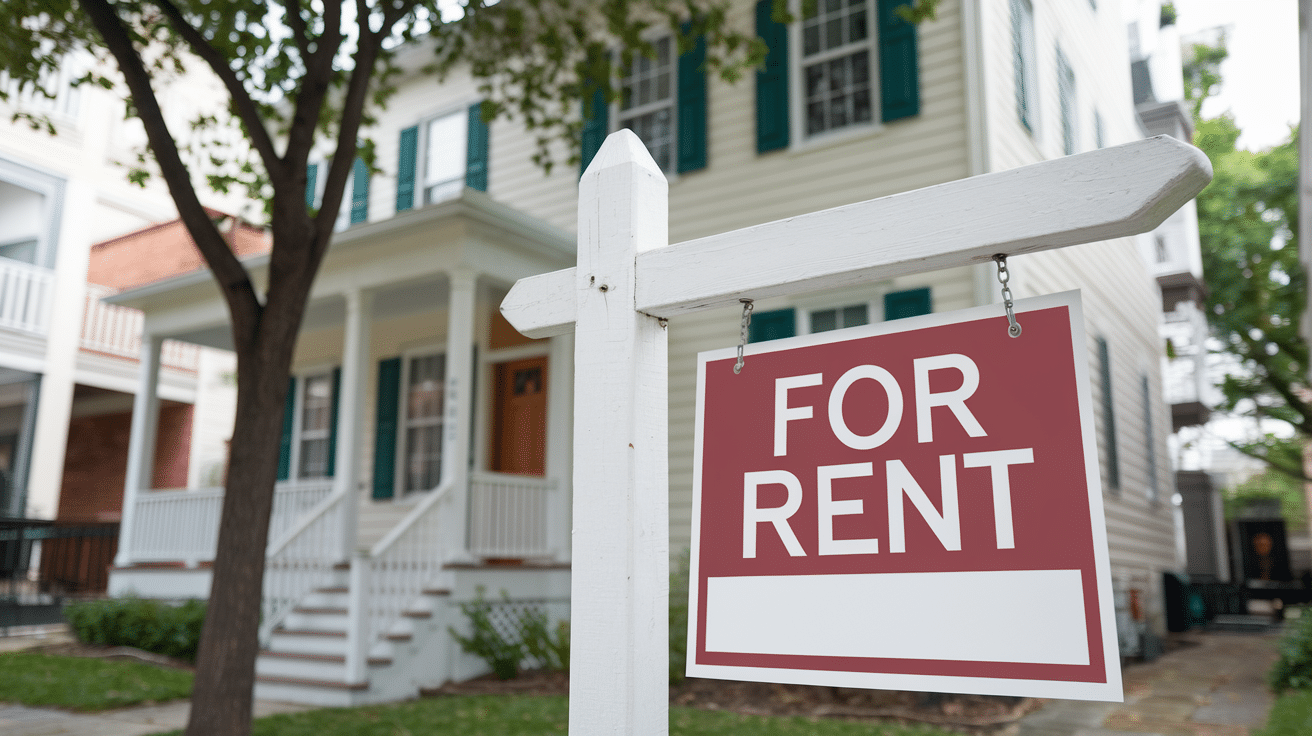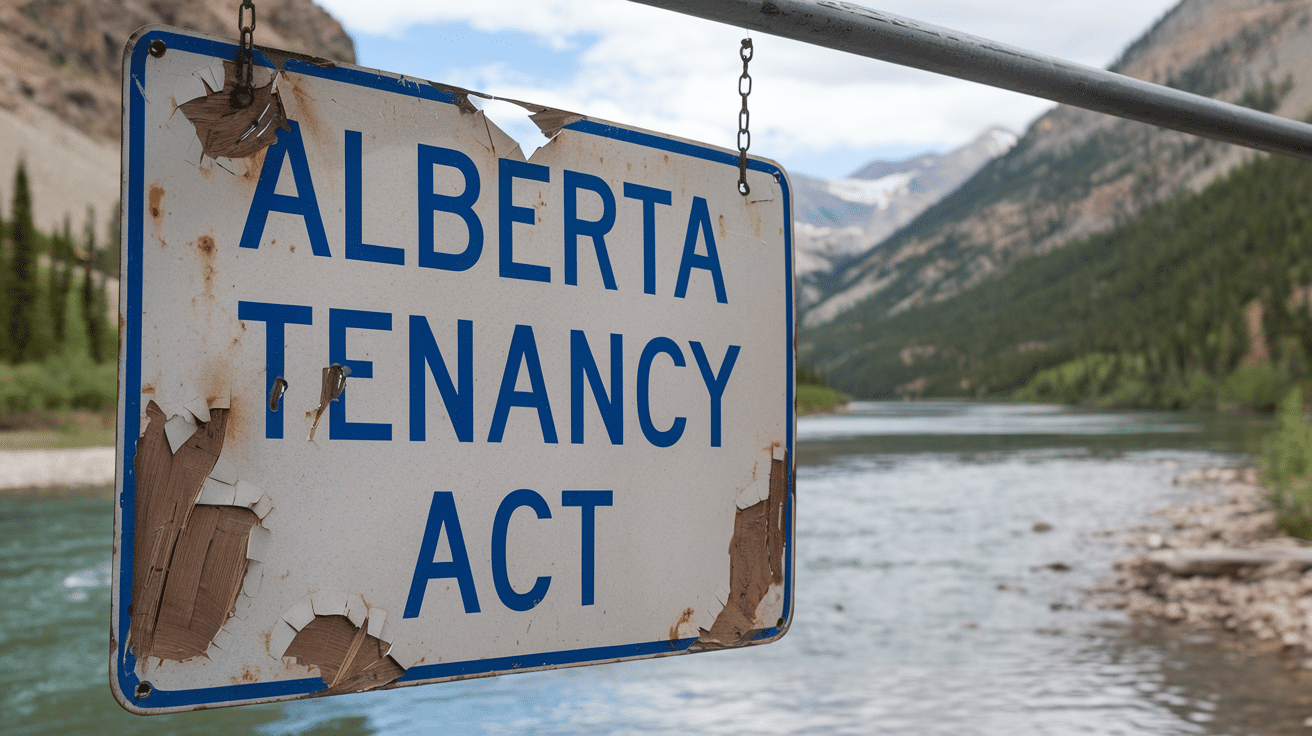Taking care of a rental property alone is a rewarding adventure, kind of like solving a fun, tricky puzzle! Understanding the rental market is crucial and you must think like a seasoned property manager. It’s important to stay updated on legal matters and have a clever strategy for daily landlord duties. Managing it all involves setting the right rent, maintaining the property, and handling tenants and as experienced property managers, Property Managers Edmonton recognizes the intricacies of self-managing a rental property.
It involves financial acumen to ensure the profitability of your investment, and operational expertise to maintain a high level of tenant satisfaction and property care. By staying informed and organized, self-management can be a rewarding choice that offers a closer connection to your investment and potential cost savings.
Key Takeaways
- Self-management involves comprehensive involvement in all aspects of property management.
- Knowledge of the market and legal requirements is essential for successful management.
- Effective systems and financial planning are crucial for maintaining property profitability.
Understanding the Fundamentals of Self-Managing Rental Property

As owners looking to manage our rental properties, it is crucial we grasp the essential duties that come with self-management. From abiding by legal constraints to setting appropriate rents, and attracting the right tenants, every step demands our focused attention.
Legal Responsibilities and Local Laws
We must acquaint ourselves with the provincial and federal laws governing rental properties, including fair housing laws. This means ensuring our properties meet all safety standards, and we strictly adhere to guidelines for tenant screening and handling of security deposits. It’s critical to stay updated on changes in legislation to avoid any legal disputes.
Setting the Right Rental Price
To set a competitive rental price, we’ll analyze the current rental market. This involves examining similar properties in our area to understand the market demand and pricing accordingly to balance profitability with tenant attraction.
Marketing Your Rental Property
Effective marketing is key in reaching prospective tenants. We’ll list our rental property on popular platforms, ensuring our advertisements are clear and enticing but also honest and informative. High-quality photographs and detailed descriptions will highlight the property’s best features.
Tenant Screening and Lease Agreements
A meticulous tenant screening process is essential. We’ll obtain references from prospective tenants, perform credit checks, and verify employment and previous rental history. Crafting a comprehensive lease agreement is equally important to delineate the rights and responsibilities of both parties and the details concerning the security deposit. This step safeguards us and our property while providing clear guidelines for our tenants.
Financial and Operational Management

In managing your rental property, it’s essential to maintain a proactive stance on financial and operational management. We’ll tackle the focused aspects of rent collection, maintenance, tenant relations, and managing expenses to enhance return on investment.
Rent Collection and Financial Tracking
We prioritize efficient rent collection and meticulous financial tracking to secure our cash flow. Services like Stessa simplify our rent collection process, allowing us to collect rent online and send out monthly rent payment reminders to our tenants. We use accounting and bookkeeping software to track all income and expenses, ensuring that our rental property record keeping is up to date. This aids in our expense tracking and preparation for tax season.
- Rent due date: 1st of every month
- Late payment policy: Grace period until the 5th, followed by a late fee
Maintenance and Repairs
Regular maintenance and repairs are critical to preserving the value of our properties and keeping quality tenants satisfied. Our approach includes:
- Regularly scheduled routine maintenance to address wear and tear like painting the unit
- Prompt response to repair requests to prevent escalation of maintenance issues
- Keeping a budget for repairs and maintenance, predicting costs based on useful lives of property components
Tenant Relations and Property Inspections
We know that solid tenant relations are the backbone of successful property management. Routine inspections are conducted to ensure the property is well-maintained and to address any tenant complaints promptly. During move-in and move-out, we utilize a move-in checklist to avoid disputes and maintain transparency.
- Routine property inspections: Semi-annually
- Tenant communication channels: Email, phone, and in-person meetings
Managing Expenses and Increasing ROI
Keeping a close eye on our expenses is non-negotiable to increase ROI. Our strategy encompasses:
- Comparing property management fees to ensure we’re getting the best value for services offered
- Evaluating our landlord insurance to cover unexpected events
- Reviewing rental property expenses regularly to find areas where we can cut costs without sacrificing tenant satisfaction or property quality
By adhering to these practices, we aim for steady profitability and continuous improvement of our property’s value.






